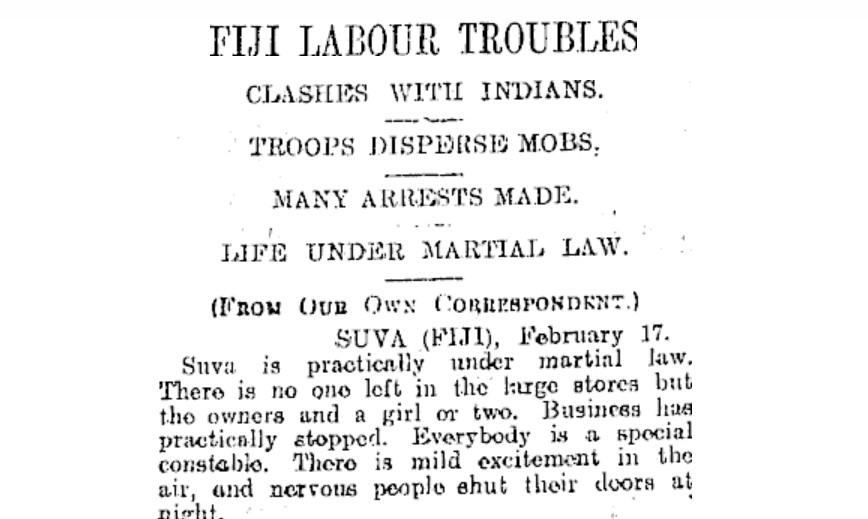Overpopulation is a common theme when discussing environmental destruction. It’s undoubtedly true that since the 1960s an ecological crisis has emerged causing loss of biodiversity, plunging fish stocks, deforestation, and dangerous climate change. Coincidentally since this time the global population has doubled. It might seem logical therefore to link the two.
The idea that ‘overpopulation’ is to blame for present destruction of the natural world is ridiculous when we understand that capitalism destroys the environment, whilst creating poverty and starvation.
As John Bellamy Foster notes “it is not the areas of the world that have the highest rate of population growth, but the areas of the world which have the highest accumulation of capital, where economic and ecological waste has become a way of life that constitute the greatest danger”. Consequently, the richest 7% of the world’s population are responsible for 50% of global carbon emissions, whilst the poorest 50% are responsible for 7%.
The rate of global population growth peaked in the 1960s and has declined ever since. Population levels, rather than permanently growing, will rise slowly during this century, peaking at 9 billion by 2050. Declining fertility rates could mean that populations could level off as low as 7.5 billion by 2040.
Enough food is produced currently to meet the needs of everyone on the planet. In 2008 when the global food crisis once again raised fears of too few resources to too many people, enough food was produced to feed every human with 2,800 calories per day. By 2030 the estimated population will be 8.3 billion and enough food will be produced to feed everyone with 3050 calories per day according to the UN.
The origins of the overpopulation argument lie with that of 18th century thinker Thomas Malthus. Malthus’s argument was that food production would grow arithmetically at a 1, 2, 3, 4, 5. rate, whist population would expand geometrically at a 1, 2, 4, 8, 16, 32 rate. Malthus came to his conclusions with very little in the way of scientific data and present food production has outgrown population size. Worse still, Malthus argued to cut all social services to the poor for fear that they would encourage them to breed faster. Checks to population such as starvation, disease, low wages and the tightening of England’s poor laws were recommended to ensure a ‘stable’ working population!
Unsurprisingly Marx criticized Malthus in Grundrisse. To quote Marx, Malthus picked the idea that the earth can support a set number of humans ”out of thin air” whilst arguing that overpopulation ”is likewise a historically determined relation, in no way determined by abstract numbers or by the absolute limit of productivity of the necessaries of life, but the rather specific conditions of production…how small did the numbers which meant overpopulation for the Athenian’s appear to us”.
We must reject the argument that environmental destruction can be blamed on ordinary people. Instead the blame must be placed on a system where enough food is produced to feed all, and yet a billion starve and a billion more survive on less than $2 a day.
Even within an ecologically sustainable system of organic agriculture more than enough food could be produced to meet human need. It’s clear that if we ended the system based of profit, the environmental footprint on a planet with 9 billion could be far less than one with 7 billion.
Being a Marxist means fighting alongside millions of workers around the world against a system responsible for the destruction of nature and the condemnation of millions to starvation. This means fighting for a fair and equal distribution of nature’s bounty to all regardless of population limits!









